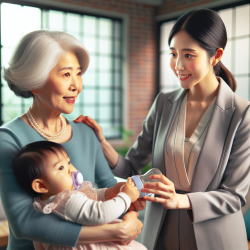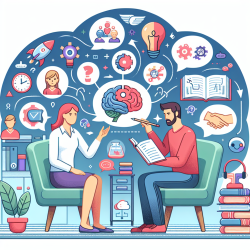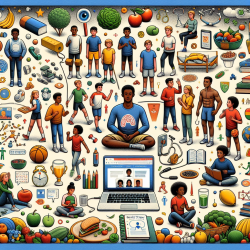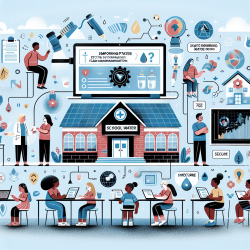The Unsung Heroes: Maternal Grandmothers in Korean Childcare
In the bustling world of Korean working moms, maternal grandmothers are emerging as the unsung heroes. Despite government efforts to bolster childcare facilities, many families find themselves relying on grandmothers for childcare. A recent study sheds light on this phenomenon, revealing the complex emotions and dynamics at play.
Understanding the Research
The study, titled The Role of Maternal Grandmothers’ Childcare Provision for Korean Working Adult Daughters, explores the experiences of 24 Korean working adult daughters whose mothers provide childcare. Utilizing the intergenerational solidarity model, the research identifies three major themes: gratitude vs. guilt, dependence vs. independence, and closeness vs. disagreement.
Gratitude vs. Guilt
Many adult daughters express profound gratitude for their mothers' support, which allows them to maintain their careers. However, this gratitude is often tinged with guilt over their mothers' sacrifices. The study found that while daughters appreciate their mothers' help, they also feel guilty about the lack of personal time and potential health impacts on their mothers.
Dependence vs. Independence
The research highlights a duality of dependence and independence. While daughters rely heavily on their mothers for childcare, they also yearn for independence. This ambivalence is reflected in their financial arrangements and future family planning, where they seek to balance reliance on their mothers with the desire to be self-sufficient.
Closeness vs. Disagreement
Proximity often fosters closeness, but it can also lead to disagreements, particularly over parenting styles. The study found that frequent interactions can strengthen bonds but also exacerbate conflicts, reflecting the complex nature of these intergenerational relationships.
Implications for Practitioners
For practitioners, these findings underscore the importance of understanding the emotional complexities in family dynamics. Encouraging open communication and offering support for both generations can help mitigate feelings of ambivalence. Additionally, practitioners should advocate for policies that address the real needs of dual-income families, such as flexible work hours and improved public childcare services.
Conclusion
This research provides valuable insights into the nuanced relationships between Korean working mothers and their maternal grandmothers. As practitioners, understanding these dynamics can inform better support strategies for families navigating the challenges of modern childcare.
To read the original research paper, please follow this link: The Role of Maternal Grandmothers’ Childcare Provision for Korean Working Adult Daughters.










